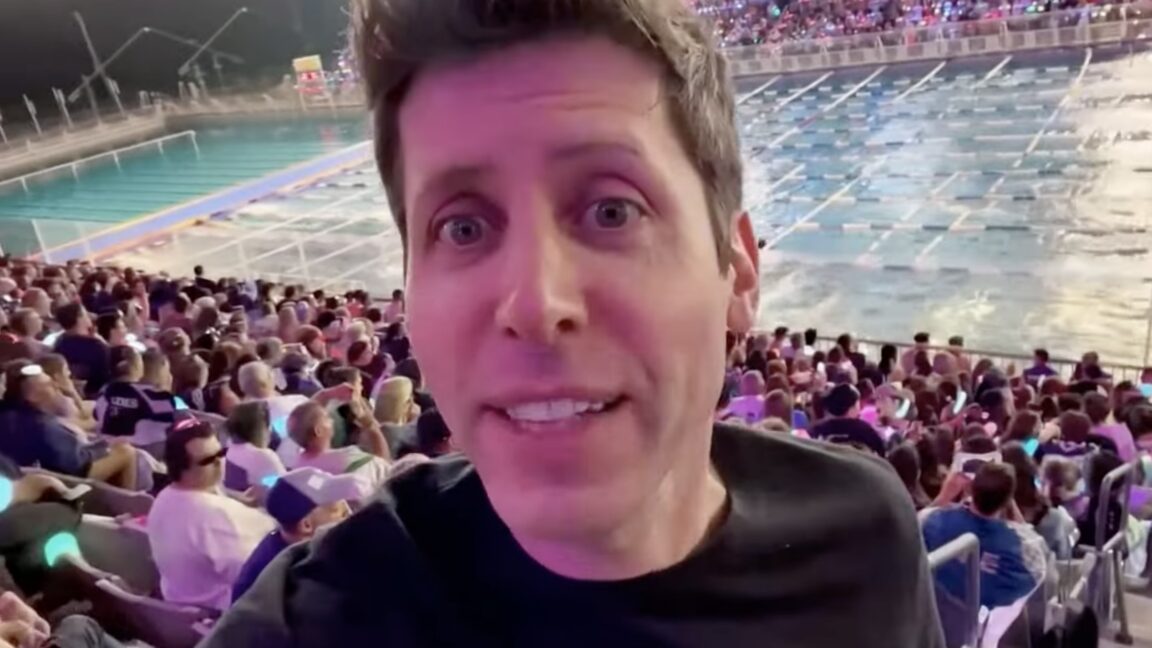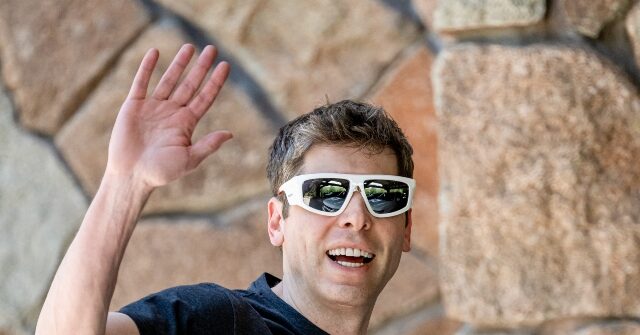OpenAI Introduces New Apps for User-Generated Deepfakes
OpenAI has launched new social and Sora apps, enabling users to create deepfakes of themselves. This technology utilizes biometric data or specific actions like speaking numbers and head movements.
Subscribe to unlock this story
We really don't like cutting you off, but you've reached your monthly limit. At just $5/month, subscriptions are how we keep this project going. Start your free 7-day trial today!
Get StartedHave an account? Sign in
Overview
- OpenAI has unveiled new applications, including a social app and the Sora app, designed to empower users with advanced content creation capabilities.
- These innovative apps specifically allow individuals to generate "deepfakes" of themselves, leveraging cutting-edge artificial intelligence technology.
- The deepfake creation process involves the use of personal biometric data, ensuring a highly personalized and accurate digital representation.
- Alternatively, users can create these self-deepfakes by performing simple actions, such as speaking specific numbers and turning their head.
- This development marks a significant step in user-generated AI content, raising discussions about the implications of accessible deepfake technology.
Report issue

Read both sides in 5 minutes each day
Analysis
Center-leaning sources frame this story by emphasizing the alarming potential for misuse and ethical concerns surrounding OpenAI's Sora app. They highlight its deepfake capabilities, copyright infringement, and the ease with which users can circumvent guardrails, portraying the technology as a "harbinger of what's to come" and "destined for disaster."
Articles (4)
Center (2)
FAQ
The OpenAI Sora app enables users to create short-form vertical videos featuring AI-generated deepfakes with highly synchronized audio, realistic lip movements, and sound effects like ambient noise. It also offers improved physical realism, better instruction-following, and the ability to insert real-world elements such as appearances and voices into generated videos.
Sora 2 improves realism by adhering more closely to physical laws, avoiding unrealistic object morphing or teleportation seen in earlier models. It better models both success and failure actions, follows detailed multi-shot instructions, and maintains consistent world states, resulting in more physically accurate and controllable video content.
OpenAI's deepfake creation technology uses users' personal biometric data or specific recorded actions such as speaking certain numbers and turning their heads to generate highly personalized and accurate digital representations for the deepfakes.
Wider access to deepfake technology raises discussions about ethical concerns, such as misuse for misinformation or privacy violations, but also expands creative and entertainment possibilities by enabling user-generated AI content with personalized, realistic video creation capabilities.
Sora supports a variety of styles including cinematic, animated, photorealistic, surreal, and anime, enabling creation of sophisticated background soundscapes, speech, sound effects, and dialogue-led content with realistic lip syncing and motion.
History
- This story does not have any previous versions.



